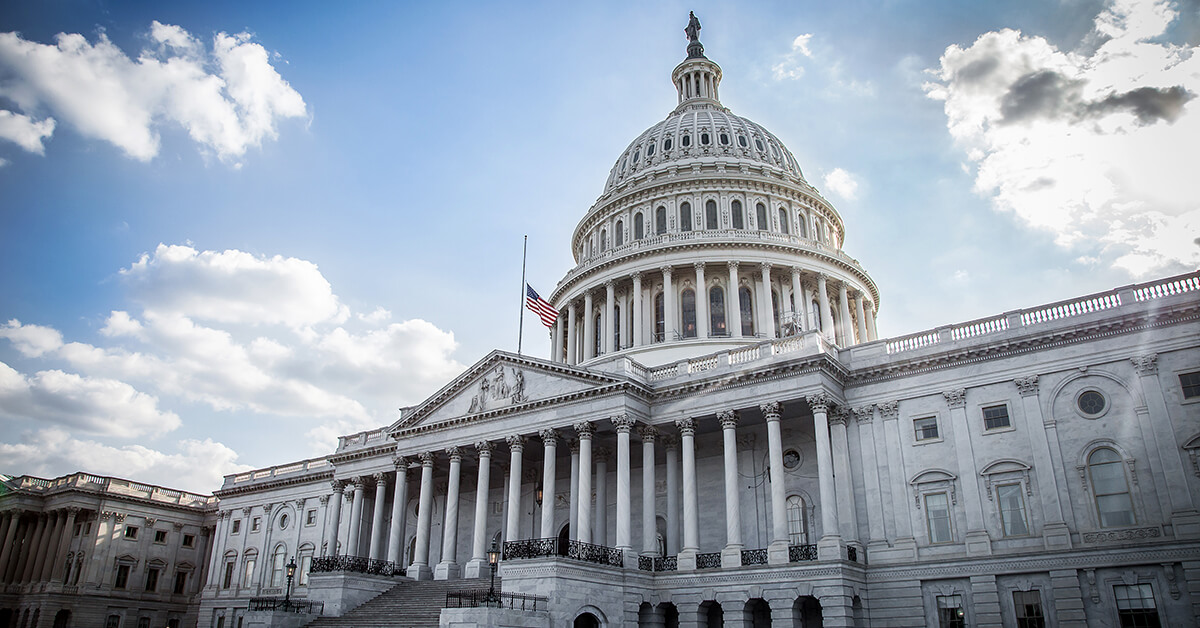July 17, 2024

Why Government Intervention Isn’t the Answer to the Healthcare Affordability Crisis
As healthcare becomes less affordable for most people and the medical debt crisis grows, everyone is scrambling to solve the dual problems. A recent study in JAMA Health Forum illustrates just how hard that is.
Four researchers from the Rand Corporation wanted to know what kind of healthcare payment reforms would make healthcare more affordable for consumers and lead to fewer unpaid medical bills. The researchers looked at three reform scenarios — rate regulation of healthcare providers, caps on increases in annual per capita healthcare spending and a single-payer healthcare system — and how each would affect consumers’ household healthcare payments as a percentage of compensation.
The researchers defined household healthcare payments as the total of:
- Out-of-pocket healthcare expenses
- Health insurance premiums
- Taxes paid to support government health insurance programs
They broke down how those percentages would change in four household income brackets under each of the three reform scenarios compared with doing nothing.
Each of the three reforms would affect consumers differently, depending on what income bracket they were in, according to the study.
For example:
- Rate setting would make care more expensive for people in the highest income bracket (rising to 29.1% of compensation from 26.8%) but less expensive for people in the lowest income bracket (dropping to 25.5% of compensation from 27.2%).
- Spending caps would make care slightly less expensive for people in all four income brackets.
- Single-payer would make care dramatically cheaper for people in the lowest income bracket (dropping to 14.7% of compensation from 27.2%) but far more expensive for people in the highest income bracket (rising to 31.5% of compensation from 26.8%).
“Healthcare reforms can have heterogeneous changes for households by income,” the researchers said, stating the obvious after their findings.
That means there’s no single, obvious intervention by the government to solve the healthcare affordability and medical debt crisis for all consumers equally in the U.S.
Government intervention isn’t the answer. Market-based healthcare payment reform is. That happens when robust, open and fair competition among providers, insurers and all sectors of healthcare lowers prices and improves service and quality for all consumers.
Why don’t we give that a try?
Thanks for reading.





